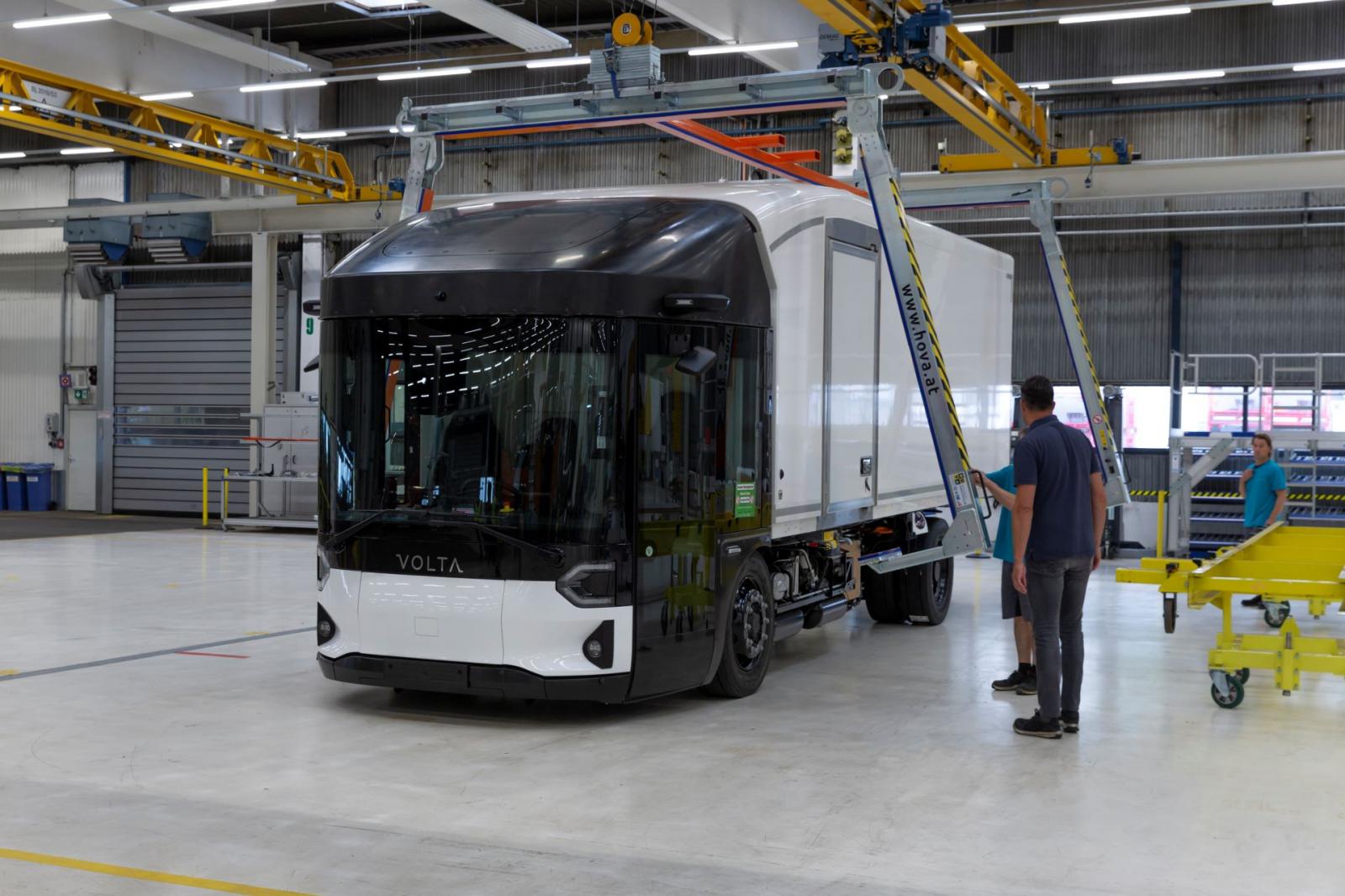Digital transformation: what challenges await management on the path of change
Digital transformation is a necessary step for business development. Often, however, employees react negatively to change, fearing new technology. In this case, it is important to take a systematic approach so that the transition is as easy as possible and does not cause resistance on the part of employees.
Digital transformation resembles project management, where established operations need to be restructured for the sake of new goals and approaches. In this case, the focus is on the technical support of work moments, and the human aspect complements this process by correctly communicating the possibilities of innovation.
There are a number of factors that can hinder a smooth transition to digital technology. First and foremost is the fear of employees that they will lose their job, their position will be simplified. People are afraid of the unknown and a reduction in the comfort of their lives. These fears are caused by personality traits, lack of flexibility in thinking, habit, and more.
The first thing a leader encounters when conducting a transformation is resistance. People need some time to get used to the change and understand its benefits for themselves.

According to experts, the success rate of digitalization in Fortune corporations was less than 50%. And in only 14 percent of cases, the reason for failure was the complexity of the technology, which made it impossible to use.
In 17% of cases, transformation goals were not set correctly. Also, project management suffered during the innovation, which led to the ineffectiveness of the transformation.
In the process of change, special attention should be paid to communication and feedback from top managers to employees. It is necessary to prepare the employees, to tell them about the benefits of the introduced systems. The resistance stage comes about 1-2 months after the start of modernization. During this period the burden on the management team increases, but people are not ready for change and want to return everything to the way it was before. As a result, dissatisfaction in the team grows, and with it – the claims of management. In addition to the existing problems, new ones arise. In this case, everything develops through the stages of acceptance: denial, aggression, bargaining, depression, and acceptance itself. In the process, there will be a redistribution of forces in the team, people will recognize the transformation and begin to look for its positive aspects.
Digitalization is not only about technology, it is also about changing the way people think. You need to teach staff how to take advantage of the opportunities that transformation brings, to demonstrate their usefulness for improving and automating business processes. And to do that, you need to get the information right to the executive and have patience, because modernization will be complex. At every stage of digital innovation, you need to listen to employees and their concerns in order to resolve difficult situations in a timely manner.




















